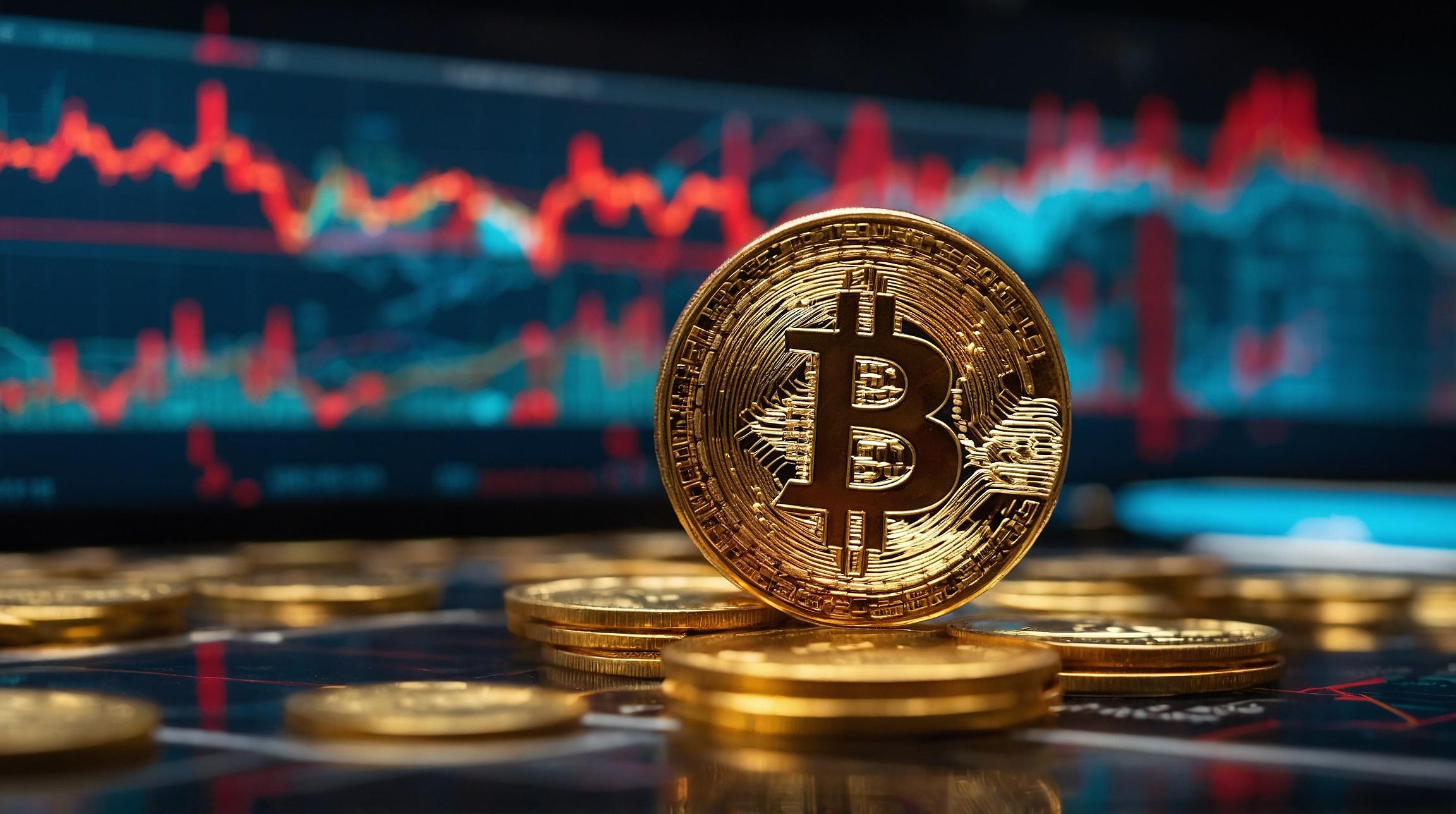The stock market has experienced significant volatility and uncertainty in recent years, primarily due to the COVID-19 pandemic and the fluctuations in Big Tech stocks. This has caught the attention of a new generation of potential investors, specifically millennials (also known as Generation Y) and Gen Z. There is growing curiosity about how these young individuals feel about the stock market and their inclination towards investing.
The Impact of COVID-19 on Young Investors
Christopher Davenport, a freshman at the University of Michigan in 2020, experienced the full force of the pandemic during his first year. With limited social activities and virtual classes, Davenport sought engagement by joining the Michigan Interactive Investments club. While the group primarily comprises business students, Davenport has observed a growing diversification of participants.
The pandemic created a unique situation for young people, allowing some to have extra time and money in their hands. According to Dan Egan, director of behavioral finance and investing at Betterment, an automated investment adviser, a significant number of deposits were made during the pandemic, potentially linked to stimulus checks that were not necessarily required by some individuals.
The Rise of Online Investing Platforms
Investing has become more accessible than ever with the rise of app-based and commission-free trading platforms. This convenience has attracted the attention of younger investors, who are more comfortable with technology and mobile applications. Additionally, the availability of fractional shares has further increased access for individuals with limited funds, allowing them to invest in smaller amounts.
The Influence of Stimulus Checks on Investing
The distribution of stimulus checks during the pandemic has had a direct impact on young investors. Many individuals used these funds as an opportunity to enter the stock market. The ability to invest in stocks and potentially grow their wealth became more appealing to those who received stimulus checks and did not have immediate financial needs.
The Changing Demographics of Investors
A 2019 survey by the Federal Reserve revealed that approximately half of Americans invest. While it is uncertain how much this statistic has changed, surveys on millennial and Gen Z interest in investing have produced mixed results. The demographic of investors is evolving, with younger individuals showing an increasing interest in investing due to the accessibility and ease of use provided by online platforms.
The Relationship Between Market Returns and Millennials’ Investing Perspectives
Studies have shown that young people’s attitudes towards investing are strongly influenced by market returns. Positive market performance tends to encourage millennial and Gen Z investors, while negative or volatile market conditions may make them more hesitant. Christopher Davenport reflects this sentiment, as he acknowledges that his personal investments have been limited due to his modest financial resources. Nevertheless, he views his investment experience as a valuable learning opportunity.
The stock market has become a source of fascination for millennials and Gen Z in recent years. The impact of COVID-19, the rise of online investing platforms, the influence of stimulus checks, and changing demographics have all contributed to this growing interest. As young investors continue to navigate the market, their perspectives may evolve based on market returns and their personal investment experiences. For now, the accessibility and educational opportunities provided by technology have opened doors for a new generation to engage in investment activities.
Analyst comment
Positive news: The growing interest of millennials and Gen Z in the stock market, facilitated by the impact of COVID-19, the rise of online investing platforms, and the influence of stimulus checks, has opened doors for a new generation to engage in investment activities. Their perspectives may evolve based on market returns and personal experiences, but for now, the accessibility and educational opportunities provided by technology are fueling their curiosity and participation in the market.













